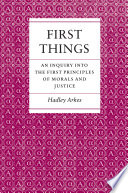 | Hadley Arkes - 1986 - 448 páginas
...are life, liberty, and the pursuit of happiness. This they said, and this they meant. They did not mean to assert the obvious untruth that all were then actually enjoying that equality, or yet that they were about to confer it immediately upon them. In fact they had no power to confer... | |
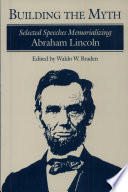 | Waldo Warder Braden - 1990 - 278 páginas
...happiness. This they said and this they meant. They did not mean to assert the obvious untruth that all men were then actually enjoying that equality, nor [yet]...to declare the right, so that the enforcement of it should follow as fast as circumstances would permit. They meant to set up a standard maxim for free... | |
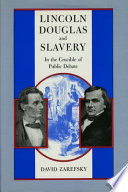 | David Zarefsky - 1993 - 324 páginas
...last encounter, at Alton, where Lincoln read from his earlier speech. The Founders, he noted, "did not mean to assert the obvious untruth, that all were...they were about to confer it immediately upon them. . . . They meant simply to declare the right so that the enforcement of it might follow as fast as... | |
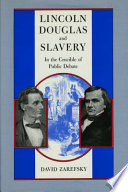 | David Zarefsky - 1993 - 324 páginas
...actually enjoying that equality, nor yet, that they were about to confer it immediately upon them. . . . They meant simply to declare the right so that the...of it might follow as fast as circumstances should permit."53 The phrase was not a description of empirical conditions but a standard to which to aspire... | |
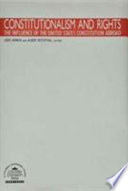 | Louis Henkin, Albert J. Rosenthal - 1990 - 484 páginas
...a factual situation, because the authors of the United States Declaration of Independence "did not mean to assert the obvious untruth that all were then actually enjoying that equality."21 It was the enunciation of a high moral principle: every person, irrespective of his/her... | |
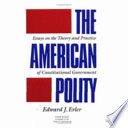 | Edward J. Erler - 1991 - 144 páginas
...June 1857 that the authors of the Declaration did not mean to assert the obvious untruth, that all men were then actually enjoying that equality, nor yet....confer it immediately upon them. In fact they had no such power to confer such a boon. They meant to set up a standard maxim for free society, which should... | |
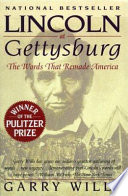 | Garry Wills - 1992 - 324 páginas
...1.400, italics added). They [the fathers] did not mean to assert the obvious untruth, that all men were then actually enjoying that equality, nor yet...simply to declare the right, so that the enforcement might follow as fast as circumstances should permit. [SW 1.398] Since Lincoln thinks of America's claim... | |
 | United States. Congress. Senate. Committee on the Judiciary - 1993 - 1164 páginas
...are conspicuously absent in his writings on the Constitution or otherwise. 101 [The Founders) did not mean to assert the obvious untruth, that all were...confer such a boon. They meant simply to declare the 31 Judge Thomas's arguments with respect to racial equality are not transferable to equality between... | |
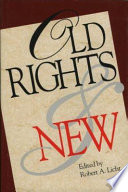 | Robert A. Licht - 1993 - 244 páginas
...are life, liberty, and the pursuit of happiness." This they said and this they meant. They did not mean to assert the obvious untruth, that all were...confer it immediately upon them. In fact they had no right to confer such a boon. They meant simply to declare the right, so that the enforcement of it... | |
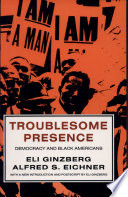 | Eli Ginzberg, Alfred S. Eichner - 1993 - 380 páginas
...men were equal in color, size, intellect, moral development or social capacity. . . . They did not mean to assert the obvious untruth, that all were then actually enjoying that equality, not yet, that they were about to confer it immediately upon them. In fact they had no power to confer... | |
| |